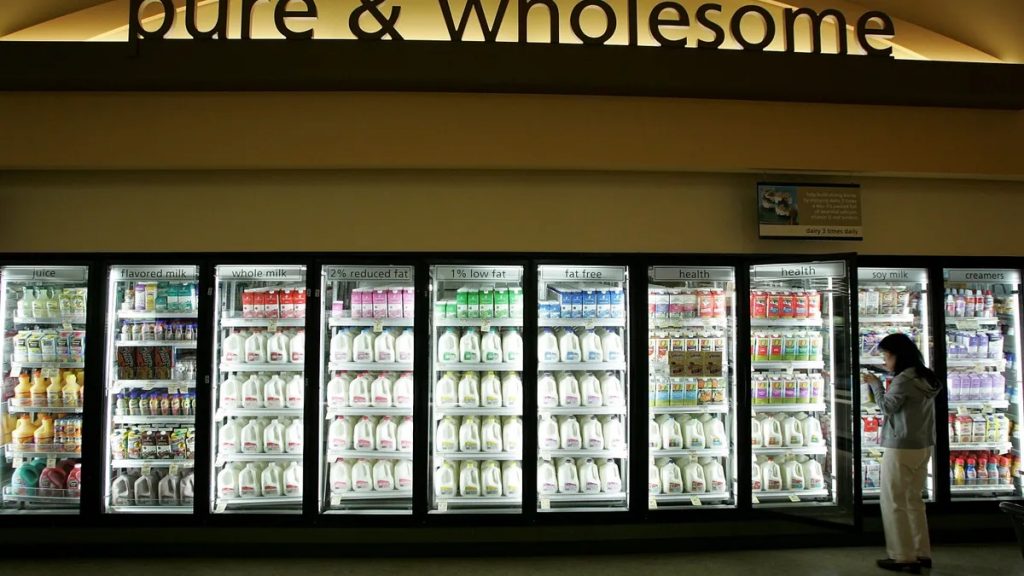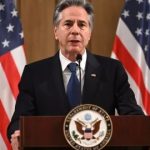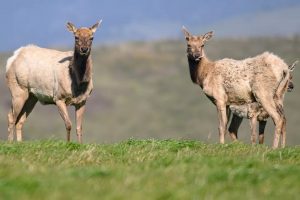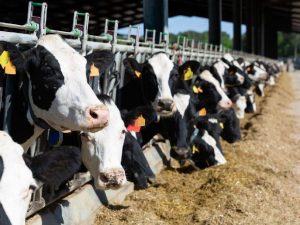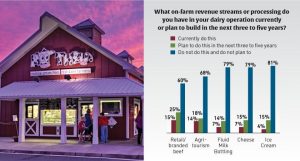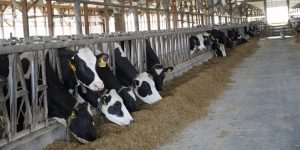
A delegation of dairymen and other farmers will travel to Washington this week to lobby against a free-trade proposal between the United States and Central America they believe is shortsighted.
“We’re not against trade,” said Joaquin Contente, president of the California Farmers Union, a Turlock-based organization that lobbies for the agriculture industry.
She said the agreement, formally called the Central America-Dominican Republic-United States Free Trade Agreement, or CAFTA, will “only benefit big businesses.”
The agreement would reduce tariffs and require reforms to encourage trade between the United States and Honduras, Costa Rica, El Salvador, Nicaragua, Guatemala and the Dominican Republic, according to the U.S. Department of Commerce.
CAFTA is similar to the North American Free Trade Agreement that was passed in 1993 to encourage trade between the United States and neighbors Mexico and Canada.
Contente will be part of the delegation that will walk the corridors of Capitol Hill next week to visit congressmen and senators to lobby against the proposed treaty.
While proponents say CAFTA will spur the economy in the region, some opponents say it will spell disaster for U.S. agriculture.
Contente and Kevin Abernathy, executive director of the California Farmers Union and the California Dairy Campaign, said the United States will simply open the world’s best market without gaining any benefits.
It will put U.S. agriculture at risk, Abernathy said.
George Davis, vice president of the board of the Davis-based Community Alliance with Family Farmers, will also travel to the Capital to lobby against CAFTA.
“They’ll put us out of business,” said Davis, a Sonoma County wine maker.
He and opponents expect products from Central America to flood the market and hurt U.S. businesses. In addition, food-protection standards in countries in Central America are not as strict as in the United States.
As a consumer, Abernathy said, he is concerned about food safety.
Contente, a dairy farmer in Hanford, said the free trade agreement will also be difficult to monitor.
A sophisticated large company, he said, could use Central America to do its paperwork and sell its products to the United States.
For example, a large dairy company from New Zealand, he said, could sell its milk to the United States via Central America unnoticed.
Abernathy said U.S. Rep. Richard Pombo, R-Tracy, is among the legislators the 12-member delegation will visit next week to lobby against CAFTA.
Pombo could not be immediately reached for comment Friday.
The Hispanic Alliance for Free Trade this week urged Congress to approve CAFTA, saying it would boost the economy in the United States and the region.
You can now read the most important #news on #eDairyNews #Whatsapp channels!!!
🇺🇸 eDairy News INGLÊS: https://whatsapp.com/channel/0029VaKsjzGDTkJyIN6hcP1K
